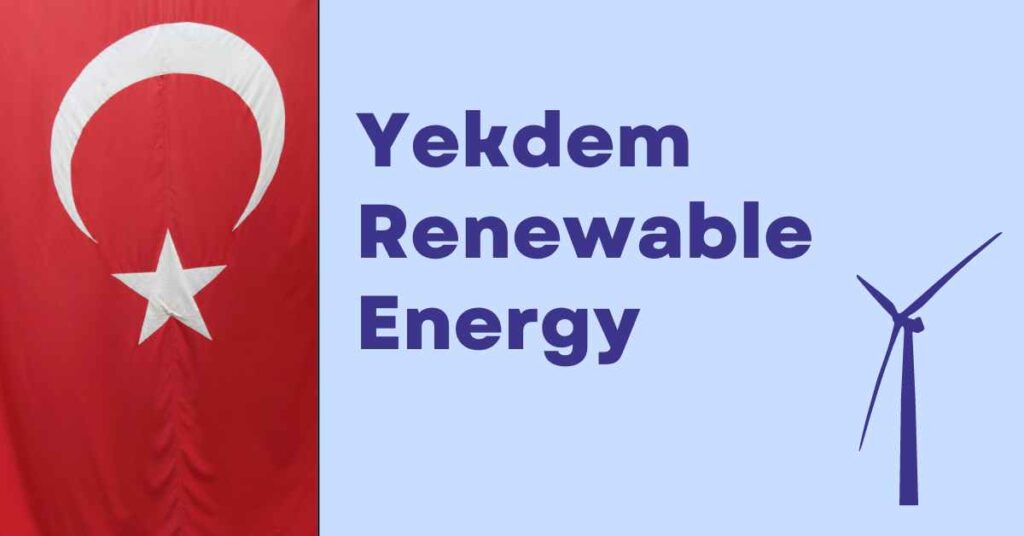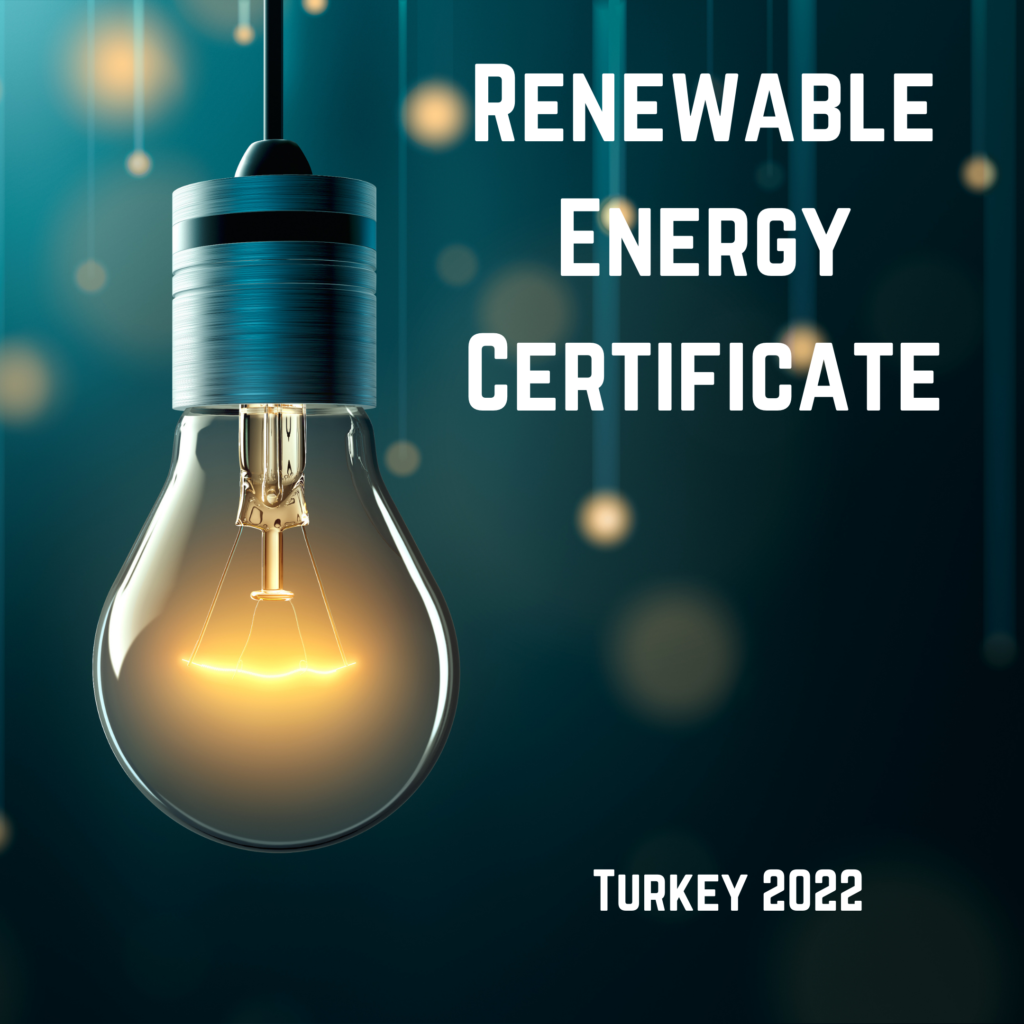Table of Contents
The Turkish Electricity Market Design and its Main Challenges
The Turkish electricity market has undergone significant changes since the sector’s liberalization in 2001. The market design consists of a wholesale market, where electricity is traded between suppliers and distributors, and a retail market, where consumers purchase electricity directly from suppliers. The Turkish Electricity Transmission Company (TEIAS) operates the wholesale market, while the retail market is open to competition.
One of the main challenges facing the Turkish electricity market is the integration of renewable energy sources. Turkey has set ambitious targets for integrating renewable energy into its electricity mix, with a goal of generating 30% of its electricity from renewable sources by 2023. However, this integration has been hindered by several factors, including regulatory barriers, grid constraints, and a lack of investment in renewable energy infrastructure.
Another challenge is the high dependence on imported energy sources, particularly natural gas, which constitutes the majority of Turkey’s energy mix. This dependence has made the country vulnerable to price fluctuations and supply disruptions, leading to increased energy costs and decreased energy security.
The market design also faces challenges related to price formation, market power, and market efficiency. The pricing mechanism in the wholesale market is based on a bidding process, which can lead to market power imbalances and price manipulation by dominant market players. The retail market is still dominated by a few large players, limiting the level of competition and hindering market efficiency.
Here is a list of some of the main Turkish electricity suppliers and their websites:
- Enerjisa is a joint venture between Sabanci Holding and the Austrian energy company Verbund AG. It has a generation capacity of approximately 10,000 MW https://www.enerjisa.com.tr/
- Akenerji is a subsidiary of the Akbank conglomerate. It has a generation capacity of approximately 3,500 MW https://www.akenerji.com.tr/
- Gama Enerji is a subsidiary of the Gama Holding conglomerate. It has a generation capacity of approximately 4,000 MW https://www.gamaenerji.com.tr/
- Aksa Enerji operates in various energy sector fields, including electricity generation, natural gas distribution, and energy trading. It has an installed power capacity of around 1,300 MW in Turkey https://www.aksaenerji.com.tr/
- İşletme ve İşletme Elektrik Üretim A.Ş. (İEÜAŞ) is a subsidiary of the İşbank conglomerate. It has a generation capacity of approximately 3,000 MW https://ieus.com.tr/
- Ayen Enerji is a subsidiary of the Aygaz Group. It has a generation capacity of approximately 1,500 MW https://ayenenerji.com.tr/
- Levent Enerji is a subsidiary of the Levent Group. It has a generation capacity of approximately 1,000 MW https://leventenerji.com.tr/
Here is a list of some of the foreign-owned electricity supply companies operating in Turkey:
- EON Turkey
- EnBW Turkey
- RWE Turkey
- EDF Energies Nouvelles Turkey
- Enel Energy
- Acciona Energia
- Fortum Turkey
Renewable Energy Support Scheme (YEKDEM)
The Yekdem renewable energy support mechanism is a program implemented by the Turkish government to promote the growth of the country’s renewable energy sector and to encourage the development of new renewable energy projects. The program is an important part of Turkey’s efforts to reduce its dependence on fossil fuels and to transition to a more sustainable energy mix.
The Yekdem mechanism was established in 2005 and provided financial support for renewable energy projects through feed-in tariffs (FITs). These tariffs are set by the government and provide a guaranteed price for the electricity generated by renewable energy projects over a specified period of time. The FITs are designed to cover the higher costs associated with developing and constructing renewable energy projects and encourage private investment in the sector. You can learn more about the Yekdem mechanism in the following article.
Over the years, the YEKDEM scheme has been revised and updated several times to keep pace with changing market conditions and to provide additional support to the renewable energy sector. For example, in 2012, the scheme was expanded to include new renewable energy technologies, such as geothermal and biomass, and to support larger renewable projects.
The FiT is usually available for a period of 10 to 15 years, depending on the technology used, and is adjusted periodically to reflect changes in market conditions and technology costs. The FITs have encouraged private investment in the sector, which has helped to increase the pace of renewable energy development.
As a result of the YEKDEM scheme, Turkey has seen a significant increase in the use of renewable energy over the past several years. The share of renewable energy in the country’s total electricity generation has increased from 4% in 2005 to over 20% in 2021. The development of new wind and solar energy projects and the growth of the hydro and geothermal energy sectors have driven this increase. However, there have also been some challenges associated with the Yekdem mechanism. The FITs have been criticized for being too high, which has increased electricity prices for consumers.
Yekdem vs YEKA model in Turkey. A side-by-side comparison
YEKDEM (Renewable Energy Support Scheme) and YEKA (Renewable Energy Resource Areas) are two key programs in Turkey’s efforts to promote the development of its renewable energy sector. While both programs are focused on promoting the use of renewable energy sources, they have different objectives and approaches.
YEKDEM is a financial support mechanism designed to reduce the cost of producing renewable energy and encourage investment in the sector. The program provides financial incentives and support to electricity producers from renewable energy sources, including wind, solar, geothermal, hydropower, and biomass.
YEKA, on the other hand, is a tender program that aims to secure large-scale renewable energy projects through competitive bidding. Under the YEKA model, the government invites bids from private sector companies to develop renewable energy projects. The winning bid is then awarded the rights to develop the project and sell the electricity generated to the grid.
YEKDEM:
- Financial support mechanism
- Provides financial incentives and support to producers of electricity from renewable energy sources
- Aimed at reducing the cost of producing renewable energy and encouraging investment in the sector
YEKA:
- Tender program
- Invites bids from private sector companies for the development of renewable energy projects
- Awards the rights to develop the project and sell the electricity generated to the grid to the winning bid
- Aimed at securing large-scale renewable energy projects through competitive bidding
If you want to learn more about Turkish Support Mechanism Yekdem And Its Impact On Corporate PPA Agreements, you can read this article.
iREC vs YEKG vs Gold Standard energy certificates in Turkey
iREC (International Renewable Energy Certificate), YEKG (Renewable Energy Generation Certificate), Gold Standard, and VCS (Verified Carbon Standard) are all certification systems used to track and verify the origin and attributes of renewable energy. They serve as a means of proof for renewable energy generation and consumption and can be used to support corporate goals for renewable energy deployment.
iREC Pros:
- Provides a global standard for tracking renewable energy generation and consumption
- Supports the development of a transparent and well-functioning global renewable energy market
- Offers a means for countries to meet their renewable energy targets
iREC Cons:
- The process of certification can be time-consuming and costly
- There is a need for ongoing monitoring and verification of renewable energy generation and consumption
YEKG Pros:
- Designed specifically for the Turkish renewable energy market
- Helps to promote the development of the Turkish renewable energy sector
- Supports the Turkish government’s goal of increasing renewable energy generation
YEKG Cons:
- Less recognized globally compared to other certification systems such as iREC
Gold Standard Pros:
- Widely recognized as a high-quality standard for renewable energy and climate protection
- Offers a means for companies and governments to invest in high-impact renewable energy and climate protection projects
- Supports sustainable development and poverty reduction in developing countries
Gold Standard Cons:
- The certification process can be complex and time-consuming
- A limited number of projects available under the Gold Standard
If you found this article on the Yekdem renewable energy mechanism in Turkey informative and useful, please consider sharing it with your friends and colleagues who may also be interested in the topic. Additionally, if you would like to stay up to date on the latest news and developments in the energy sector, I highly recommend subscribing to an energy newsletter. These newsletters can provide valuable insights and analysis on the industry’s latest trends, technologies, and policies. Thank you for reading, and don’t forget to share and subscribe!








